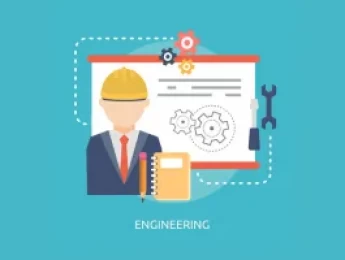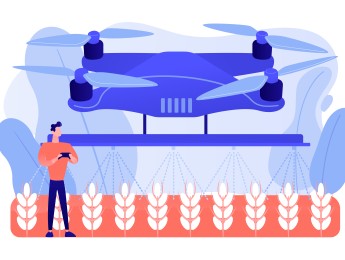As technological systems become increasingly advanced, it is more crucial than ever for organisations to focus on the safety of their engineers.
Process Safety Management is the process of accounting for all technical safety considerations an engineer may face while at work. Within the industry, there is a level of risk that comes with every task, and it is the role of management to account for these risks. They must analyse them utilising different methods and techniques, discover the ideal control measures, and implement them into business functions. All risk assessments and analyses need to be documented thoroughly to ensure every part of the organisation can comprehend the safety measures in place.
Being aware of risks and activities working to ensure safety is essential to maintaining business productivity. Any incidents, whether they be major or minor, has the potential to impact productivity and can cause the business to lose funds, assets and have the potential to cause great harm to employees.
Upon completion of the course, participants will be able to:
- Understand the principles of hazard identification.
- Analyse the reliability concept and use of failure tracing methods.
- Identify risks associated with common practices and machinery.
- Evaluate the short-term and long-term effects of risks occurring concerning business productivity.
- Demonstrate the use of quantitative risk assessment techniques.
- Recognise the types of records that must be created and kept up to date for effective risk management.
- Advise others on the ideal processes depending on the level and type of risk.
- Understand the general and advanced requirements for developing safe systems of work.
- Account for local, regional, and international standards for reliability and safe machinery.
This course is designed for anyone with the responsibility of safety considerations within the engineering industry. It would be most beneficial for:
- Process Safety Managers
- Engineering Project Managers
- Operation Managers
- HSE Personnel
- Construction/Site Supervisors
- Construction/Site Managers
- Engineering Directors
This course uses a variety of adult learning styles to aid full understanding and comprehension. Participants will review real-world examples of PSM within engineering companies and projects to highlight areas of risk and possible control measures for them.
They will be supplied with the best equipment in the industry to carry out these learning exercises. The participants will be given ample opportunities to develop their knowledge of the taught subjects through their provided case studies, presentations, practical demonstrations, and activities. They will also be able to create their own risk assessments and analyses relating to risks in their respective roles to practice and demonstrate the learned skills.
Day 5 of each course is reserved for a Q&A session, which may occur off-site. For 10-day courses, this also applies to day 10
Section 1: Process Safety Management
- The importance of PSM in the prevention of major incidents.
- The history of PSM and how it is relevant today.
- Understand rules and regulations that influence PSM.
- Integrating PSM systems into daily working practices.
- The 20 elements of risk-based process safety (RBPS).
Section 2: Hazard Identification
- Why safety is important in the engineering industry.
- Examples of major and minor incidents in the workplace.
- Safety System Processes.
- Methods of hazard identification – HAZOP, LOPA, and FMEA.
- Reducing identified risks and techniques for hazard control.
- Appropriately documenting found hazards and control solutions.
Section 3: Continuity of Operations
- Defining reliability and resilience.
- Coping with risks and finding the balance of control, certainty, and uncertainty.
- Reliability Centered Maintenance (RCM) techniques.
- Utilising Failure Modes and Effect Analysis (FMEA) in practice.
- Risk Priority Number (RPN) and critical curves.
- Understanding when types of analysis are appropriate and beneficial – (FTA, RBD, and RCM)
Section 4: Reliability Technology
- Types and causes of failure.
- Methods of preventing failure.
- Types of maintenance and inspection regimes.
- Understanding the ways technology increases risk assessment reliability.
- Analysing and accounting for the potential of human error.
- Design and reliability of control and protective systems.
- Safe Integrity Levels ‘SIL’ selection.
Section 5: Machinery and Equipment Safety
- Machinery hazard identification.
- Causes and methods of machinery accident prevention.
- Failure modes, human factors, and software safety.
- Performance and human error.
- Human influence in safety factors and analysis.
Upon successful completion of this training course, delegates will be awarded a Holistique Training Certificate of Completion. For those who attend and complete the online training course, a Holistique Training e-Certificate will be provided.
Holistique Training Certificates are accredited by the British Assessment Council (BAC) and The CPD Certification Service (CPD), and are certified under ISO 9001, ISO 21001, and ISO 29993 standards.
CPD credits for this course are granted by our Certificates and will be reflected on the Holistique Training Certificate of Completion. In accordance with the standards of The CPD Certification Service, one CPD credit is awarded per hour of course attendance. A maximum of 50 CPD credits can be claimed for any single course we currently offer.
- Course Code IND04-117
- Course Format Classroom, Online,
- Duration 5 days














